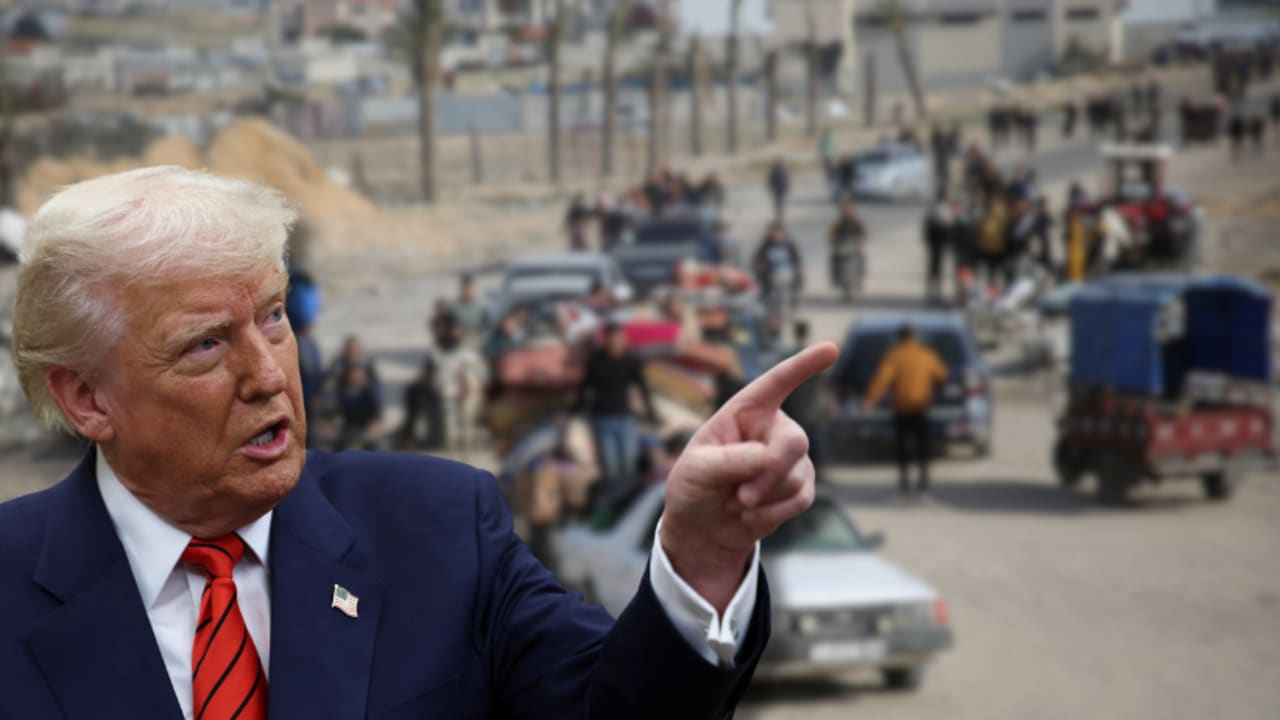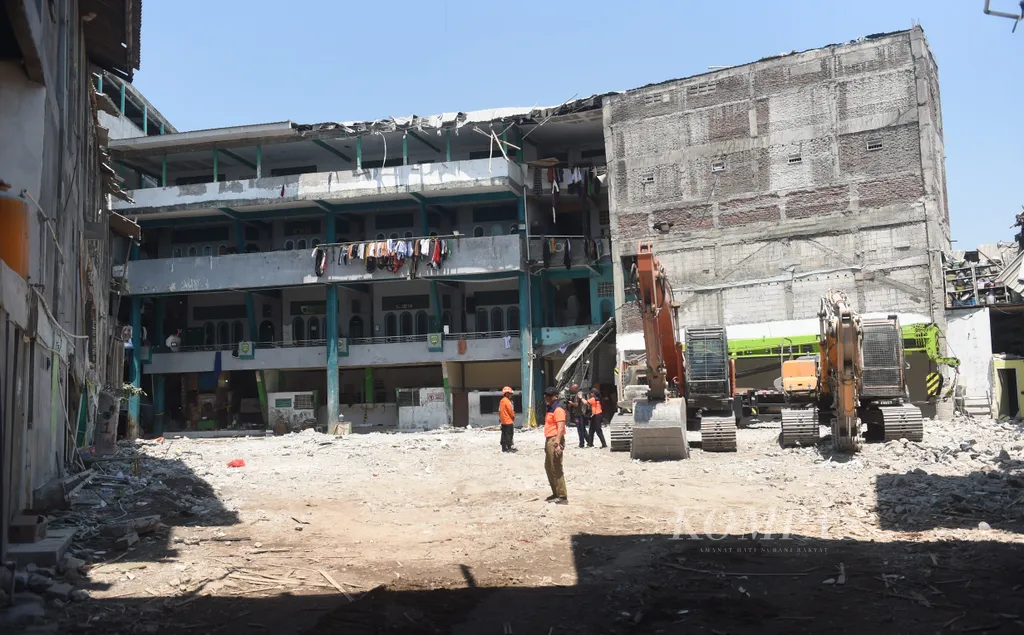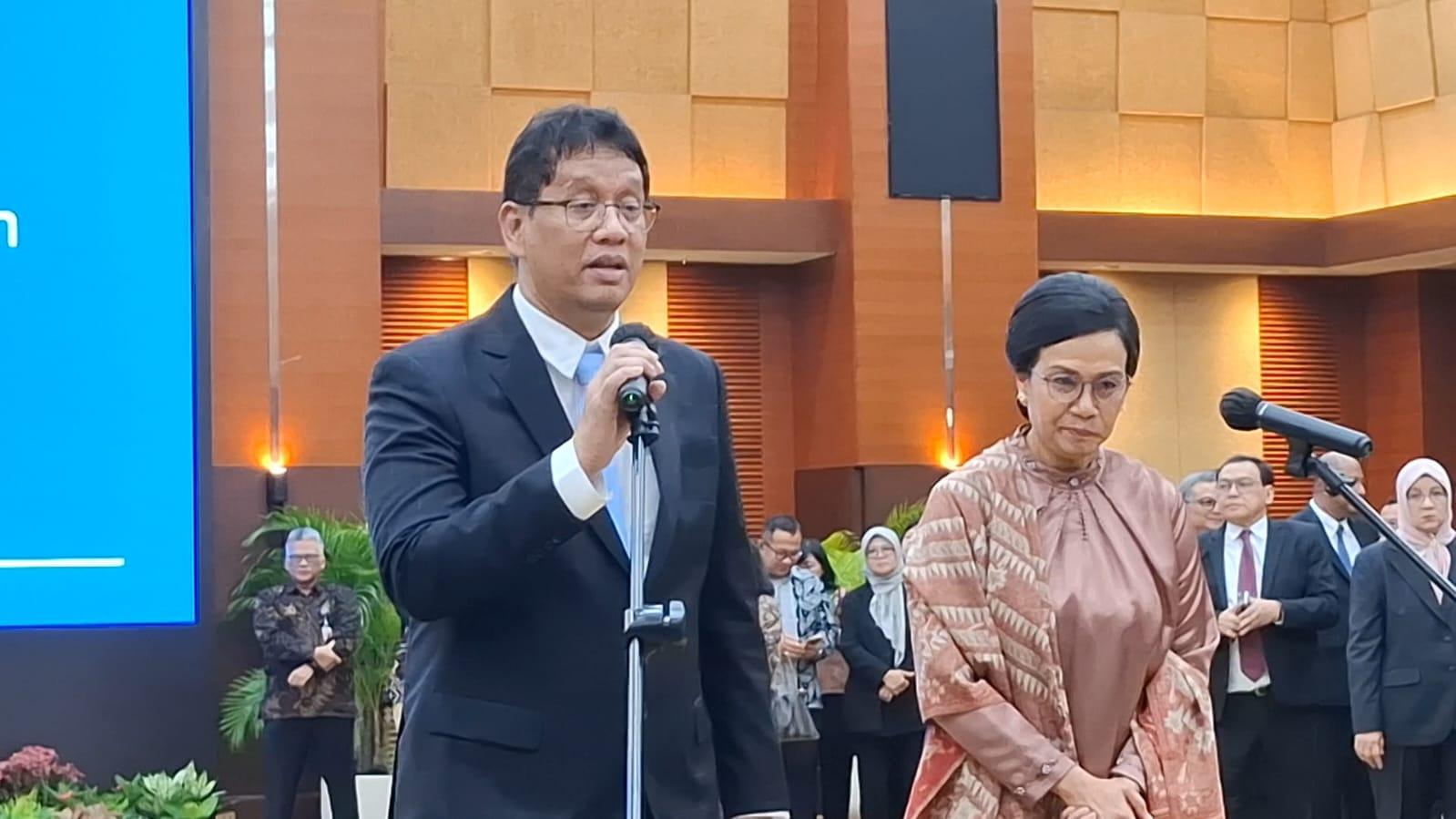Former U.S. President Donald Trump made a bold declaration this week, announcing that the war in Gaza has officially ended following the success of a fragile ceasefire deal between Israel and Hamas. Speaking to reporters aboard his private jet, Trump stated, “The war is over, and peace is finally being restored in the Middle East.”
His remarks came just hours before he departed for a diplomatic tour of the region, which includes stops in Israel, Egypt, and Qatar. The trip is part of his broader effort to reinforce the ceasefire agreement and to promote a permanent political resolution to one of the world’s most persistent conflicts.
Trump emphasized that both Israeli and Palestinian representatives had committed to upholding the ceasefire “without conditions,” describing it as “a new chapter for peace.” According to him, years of negotiation and “strong leadership” were key to achieving this breakthrough.
While many welcomed his optimism, others viewed the announcement as premature, warning that the situation on the ground remains volatile and could unravel if not closely monitored.
The Ceasefire That Changed the Course of War
The declaration follows weeks of diplomatic maneuvering that resulted in a historic ceasefire between Israel and Hamas after nearly two years of brutal conflict. The agreement reportedly includes provisions for a hostage-prisoner exchange, limited withdrawal of Israeli forces from northern Gaza, and international supervision of humanitarian aid deliveries.
Under the terms of the deal, Hamas is expected to release all remaining hostages, while Israel will free hundreds of Palestinian prisoners, many of whom were detained during the latest wave of military operations. Both sides also agreed to open humanitarian corridors to facilitate the entry of food, water, and medical supplies into Gaza’s devastated neighborhoods.
For many Palestinians, the ceasefire offers a glimmer of relief after months of relentless airstrikes, displacement, and scarcity. In Israel, the news was met with cautious hope — tempered by skepticism that Hamas will honor its commitments.
Observers from the United Nations and several regional powers, including Egypt and Jordan, have expressed cautious optimism. A UN official in Jerusalem described the deal as “a rare window of opportunity that must not be wasted.”
Political Theater and Global Reactions
Trump’s declaration was met with mixed reactions internationally. Supporters hailed it as a major diplomatic achievement, crediting his assertive negotiation tactics and personal outreach to Middle Eastern leaders. Conservative media outlets in the U.S. praised his statement, describing it as evidence of his ability to “deliver results where others failed.”
However, critics argue that Trump’s rhetoric often oversimplifies complex conflicts. Several European diplomats privately questioned whether his claim that “the war is over” accurately reflects conditions on the ground, pointing to sporadic clashes that continue despite the ceasefire.
Israeli Prime Minister Benjamin Netanyahu avoided confirming Trump’s statement directly, saying only that Israel “remains committed to security and peace” but will “respond decisively to any violations.”
Meanwhile, leaders in Egypt and Qatar — who helped mediate the agreement — emphasized that peace would depend on “consistent implementation” of the deal and “mutual restraint.”
Political analysts say Trump’s announcement may be intended as much for domestic political audiences as for international diplomacy, portraying him as a peace broker ahead of upcoming U.S. elections.
What Comes Next for Gaza and the Region
If the ceasefire endures, attention will soon shift toward reconstruction and governance in Gaza. The enclave has suffered catastrophic damage: entire neighborhoods flattened, infrastructure destroyed, and hospitals overwhelmed. International donors are preparing to launch aid programs, but questions remain over who will administer funds and ensure that resources reach civilians rather than armed groups.
Trump has proposed a multinational reconstruction plan, which would involve contributions from Gulf states, Western allies, and private investors. His team is reportedly drafting a “Gaza Renewal Framework” that combines humanitarian aid with economic incentives.
Security experts, however, caution that long-term stability will depend on addressing deeper political grievances — including statehood recognition, border controls, and the disarmament of militant factions. Without such progress, they warn, today’s ceasefire could become just another temporary pause in a cycle of violence.
For now, Trump insists the moment marks “the dawn of peace.” Whether that optimism holds will depend not on speeches or headlines, but on actions taken in the coming weeks.



